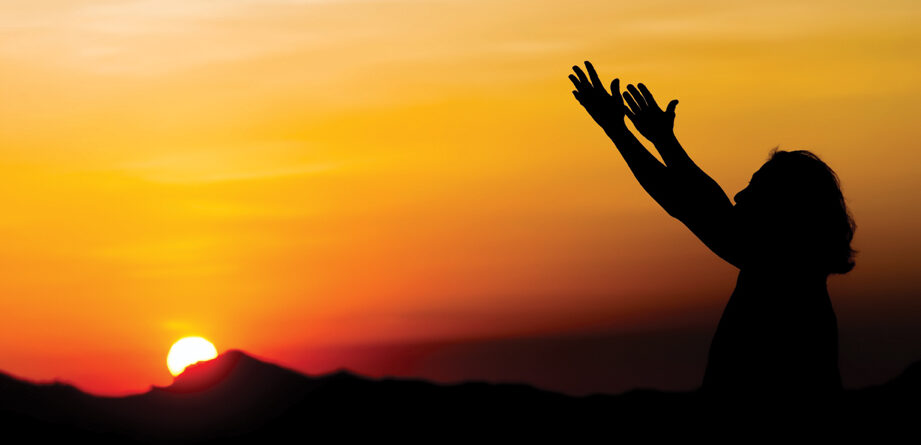If you’ve ever been touched by liberation, then you know why you must commit to it and be disciplined in your own walk to liberation – for it is the only way ALL can have liberation. We’ve reached a place and time in our world where I think we can accept that no one escapes the deep wounds of oppression.
I know some may read this and think “It’s not really like this, I am not oppressed or wounded.” Or hear this as negative thinking. It’s not, because I believe every single person is wounded by racism. For example, BIPOC people live internalized oppression, white bodies live internalized supremacy. Racism is not the shark in the water, it is the water. While we may not have created the systems, we can work to dismantle them through the pathway of liberation and love.
Interestingly, the root of the word “liberation” is linked to liberation theology, a movement of the 19th century to disestablish church. Today we work to disestablish systems of oppression that perpetuate separateness and keep us from knowing liberation. As 19th century Christian physician and metaphysician Emilie Cady says, our first lessons in the gospel from Jesus are about liberation and power – power within – which starts with our own awakening. Liberation is a radical pathway, one where the power lies within to question everything we think.
[bctt tweet=”Liberation is a radical pathway, one where the power lies within to question everything we think.” username=””]
Yet I also know, at the first hint of discomfort or heartbreak, many want to return to what was because the radical acts of liberation and love can seem overwhelming. There is an illness we carry that renders us blind to seeing the beauty of all our differences, of all the things each person is. This disease maintains our fear and keeps us from knowing each other, from seeing each other, from fully loving each other.
It’s the disease that says, “This work is too hard, can’t we go back to the way things used to be? Can’t we go back to celebrating?” As Cady says, “turned back to the old limited belief.” The beauty of it is that it’s not an either/or proposition. Yes we can celebrate, in all things give thanks. Yet the minute I decide this healing work within me and in our collective is too hard and I stop, I have said “This is as far as I am willing to go for humanity.”
Please hear me – it doesn’t mean not taking a break or resting, that’s called self-care. Practicing the sabbath is part of liberation. We must also move step-by-step forward so as not to return to old, limited beliefs. One simple way to challenge yourself is ask and answer honestly – no shame, no guilt – “Do I see trans bodies, queer bodies, disabled bodies, neurodiverse bodies, female bodies, Black bodies, Latinx bodies, ALL bodies as equal?”
We need to celebrate all, just as they are, to know true liberation. I read Emilie Cady’s writing, from over a century ago, as her insistence on liberation so that she may know joy and love. She represents for all of us the possibility that, yes, liberation is possible even for those who may think it is not. Even 100 years later, we are still talking about this. Not sure we have moved the needle forward.
Cady goes on to say that God is Principle, unchangeable law, and that Principle lives within us as tender, loving compassion for our every sorrow. Liberation is creating a culture of caretaking, a culture with love as its central value. If we miss opportunities to do this, we miss the opportunities to liberate ourselves. We miss knowing who and what we are, and from knowing that our birthright is exactly love.


